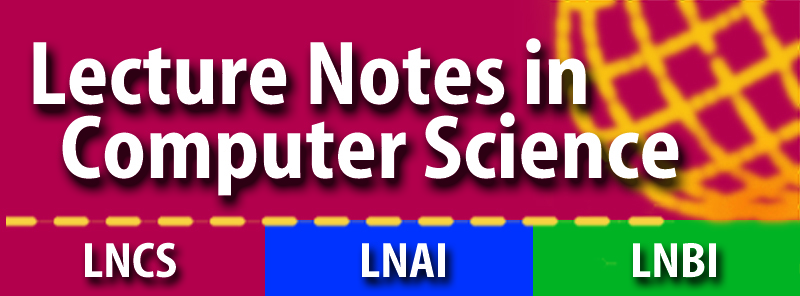Plenary lecture of ICONIP 2017
Model driven Deep Learning
Deep learning (DL) has becoming a powerful, standard AI technology which helps to yield increasingly breakthroughs of learning system applications. As a representative of data driven approach, it faces however many challenges like contradictions between standardization and personalization, versatility and efficiency, the difficulties in design, anticipation and explanation for the results, and the serious dependence upon the amount and quality of training samples. On the other hand, the model-driven approach provides another learning paradigm that bases on the physical mechanism and prior modeling, which has the characteristics of determinacy and optimality while meets with obstacle of impossibility of precise modeling. In this talk we propose and formalize a data & model dual-driven learning approach, which define then the model driven deep learning (MDDL).
The model driven deep learning start with construction of a Model Family (MF), which is a rough description of solution of the problem under consideration, followed then by the design of an Algorithm Family (AF) which is a collection of iterations whose limit give the solution of the model family. The Algorithm Family then unfolded into Deep Architecture (DA) with which learning can be performed. We provide examples to substantiate the effectiveness and superiority of the MDDL over others. We particularly show the following advantages of MDDL: It recedes the requirement for precise modeling in model-driven learning, provides the sound methodology for the DL network design, making it easy to incorporate into prior knowledge to make DL more efficient, designable, predictable and interpretable, and also significantly reduce the number of samples needed for DL training. Based on this study, we conclude that MDDL has great potential in the future DL research and applications.
- Paper Submission Deadline
June 15, 2017
June 30, 2017 - Notification of Acceptance
July 31, 2017 - Final Paper Submission
August 20, 2017 - Congress Date
November 14–18, 2017
Contact Us
Address: 95 Zhongguancun East Road,
Beijing 100190, China
Email: iconip2017@foxmail.com
Fax: +86-10-8254-4799




